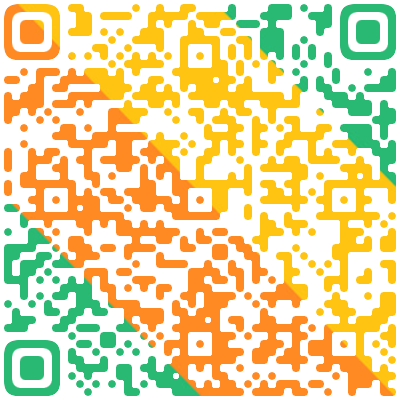Passage 1
In the field of psychology, there has long been a certain haziness surrounding the definition ofcreativity, an I-know-it-when-I-see-it attitude that has eluded a precise formulation. During ourconversation, Mark Beeman, a cognitive neuroscientist at Northwestern University, told me that heused to be reluctant to tell people what his area of study was, for fear of being dismissed ormisunderstood. What, for instance, crosses your mind when you think of creativity Well, we knowthat someone is creative if he produces new things or has new ideas. And yet, as John Kounios, apsychologist at Drexel University who collaborates frequently with Beeman, points out, that view iswrong, or at least not entirely right. "Creativity is the process, not the product," he says.
To illustrate, Beeman offers an example. Imagine someone who has never used or seen apaperclip and is struggling to keep a bunch of papers together. Then the person comes up with a newway of bending a stiff wire to hold the papers in place. "That was very creative," Beeman says. Onthe flip side, if someone works in a new field--Beeman gives the example of nanotechnology--anything that he produces may be considered inherently "creative." But was the act of producing itactually creative As Beeman put it,"Not all artists are creative. And some accountants are verycreative."
Insight, however, has proved less difficult to define and to study. Because it arrives at a specificmoment in time, you can isolate it, examine it, and analyze its characteristics. "Insight is only onepart of creativity," Beeman says."But we can measure it. We have a temporal marker thatsomething just happened in the brain. I′d never say that′s all of creativity, but it′s a central,identifiable component." When scientists examine insight in the lab, they are looking at what typesof attention and thought processes lead to that moment of synthesis: If you are trying to facilitate abreakthrough, are there methods you c
A. Arbitrariness
B. Vagueness
C. Misunderstanding
D. Controversy
查看答案
相关试题
换一换


g to the research in passage 1,about 20
答案
In this passage, the word "straitened" underlined in Paragraph 1 means().
A.difficult B.wealthy C.past D.distant
答案
文章见教材第55页 UNIT3 Passage one1. What is the main purpose of the passage()
A.To outline contrasting types of economic systems B.To explain the science of economics C.To argue for the superiority of one economic system D.To compare barter and money-exchange system
答案
中国大学MOOC: Question 2 is based on the same passage of question 1.According to the passage, why is learning grammar important?
答案
1. According to the passage, what will affect the phenomena of population?
答案
(1). (单选题) What is the passage mainly about? ( )
答案
(1). (单选题) Which of the following is the best title for the passage? ( )
答案
Listen to a passage and choose the best answer to each of the questions you hear. Question 1 According to the passage, how can freshmen choose their own roommates nowadays?
答案
Which of the following advantages of the Internet is mentioned in Paragraph 1 , Passage2?
答案
请阅读Passage 1, 完成第小题。 Passage 1 In recent years,however, society has come to understand the limitations of schools that merelysort and rank students. We have discovered that students in the bottomone-t
A.Adapt B.Match C.Accept D.Understand
答案
热门试题
For Question 1, select one answer choice. The main point of the passage is to ______.
请阅读Passage 1。完成第小题。Passage 1African elephants have been slaughtered at alarming rate over the past decade, largely because they are the primary source of the worlds ivory. Their population has been dw
(1). (单选题) According to the passage, advertisements will NOT make us ____________. (本题2.0分)
According to the passage, the word “economical” (para.1) refers to all of the following except_____._
According to the passage, “They don’t talk the same language” (Paragraph 1), can refer to problems in ______.
According to the passage, the word “economical” (para.1) refers to all of the following except_____()
For Question 1, select one answer choice. The author of the passage is primarily concerned with ______.
Passage 2 What is this passage mainly about?
Passage _____ is an argument, and Passage ______ is a counter-argument.
According to the university president in Passage 1, what did the parents remind their children to do before they left for college()
For Question 1, select one answer choice. In the passage, “gold standard” most nearly means ______.
(1). (单选题) In the passage the author’s attitude towards “mixed-ability teaching” is _____. (本题2.0分)
II. Choose the correct answers after reading the passage.1.What did the group do first in the morning? They .
Reading 1Read the text and choose the best answer.Which of the following best expresses the main idea of this passage()
The passage is about how to resolve conflicts — there are three ways according to the passage.
The passage is
The passage is ______.
The passage is ______.
The passage is
1. What function do "these men and women", "old and young" and "with different dreams and disapointments" carry in the third sentence of the passage that is analyzed?



 使用微信扫一扫登录
使用微信扫一扫登录